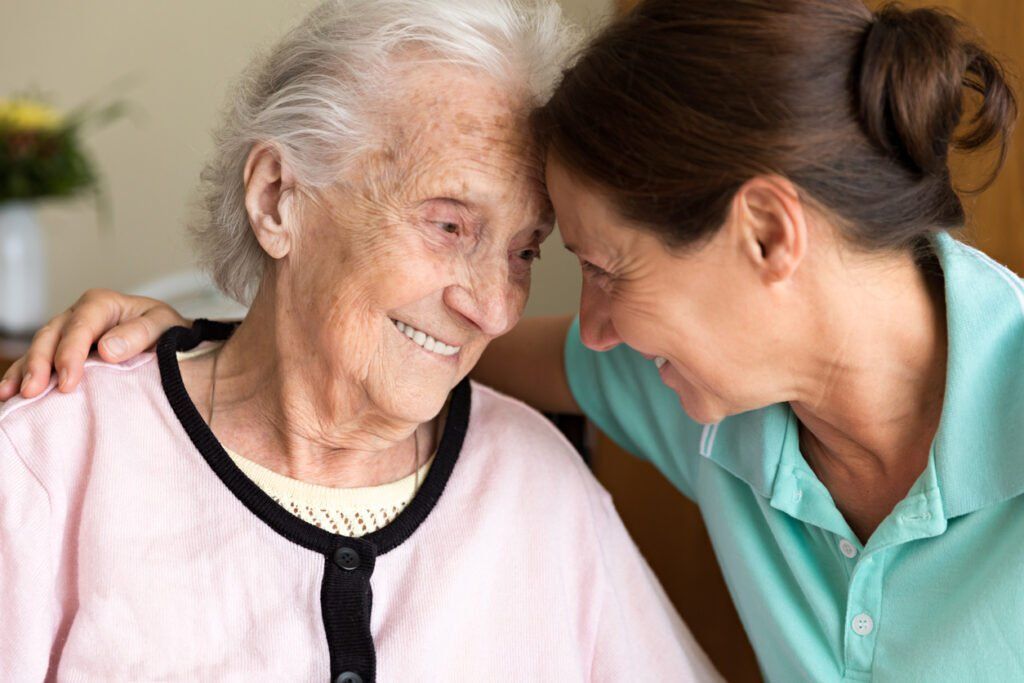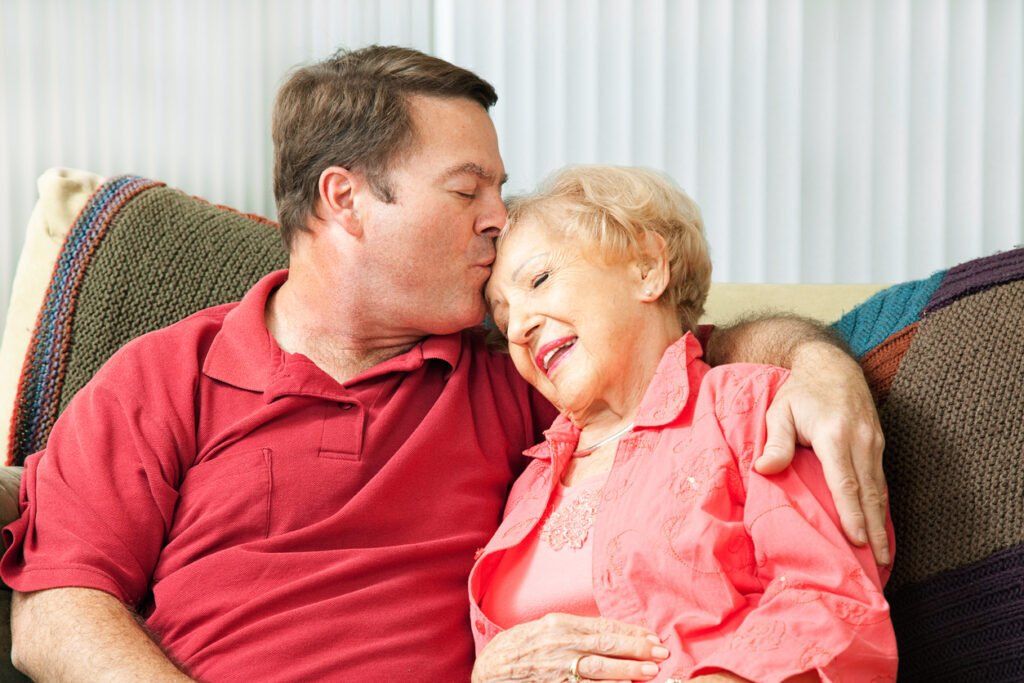Talking to Your Loved One About End-of-Life Care
The thought of a loved one dying can be painful, so it might seem easier not to talk about it. But if you don’t ask about end-of-life wishes, how will you know what your elderly mother in Independence or your ailing brother in Overland Park wants if a time comes when they can’t answer for themselves? Or how will your children (or other caregiver) know what your wishes are when you near the end of your life (especially if they no longer live in Kansas City)?
Although potentially uncomfortable, discussions about end-of-life care are important. Here are some tips that might help:
If you are a caregiver:
- Choose a quiet setting where you wont be interrupted.
- Ask, first, if your loved one would like to talk about this topic, especially if he or she has already been diagnosed with a terminal illness. Surprisingly, people are often quite open about discussing their last wishes, even when facing a terminal diagnosis.
- Other questions to ask:
- Do you have an advance directive? If the answer is “no,” see if your loved one would be open to having you help him (or her) fill one out (if help is necessary). You can find copies online. If you have trouble, try asking your family doctor for help.
- Would you prefer end-of-life care at home or somewhere else?
- Do you feel like you need in home health care now? What about non-medical home care, like help with personal care (e.g., bathing, dressing)?
- What can I do to help, either now or in the future?
- Listen closely. Take notes so you’ll remember what you talked about later.
If you’d like to discuss your own end-of-life care:
- Again, try to choose a quiet setting where interruptions will be minimal.
- Tell the person you’re talking to (as opposed to asking) you’d like to discuss your wishes for what should be done at the end of your life.
- Don’t take “no” for an answer. If the person you’re trying to talk to tries to laugh off the discussion and change the subject, steer the discussion back to the topic of end-of-life care. If that person adamantly refuses to discuss the topic, choose a new potential caregiver.
- Give your future caregiver a copy of your advance directive. If you don’t have an advance directive, you can find one online. Again, if you have trouble finding one, ask your family doctor if he or she can help.
Whether you’re a patient or caregiver, don’t delay. The time for a conversation about end-of-life care is today!
The post Talking to Your Loved One About End-of-Life Care appeared first on Kansas City Home Care.
REQUEST FREE
IN HOME ASSESSMENT
REQUEST FREE IN HOME ASSESSMENT









